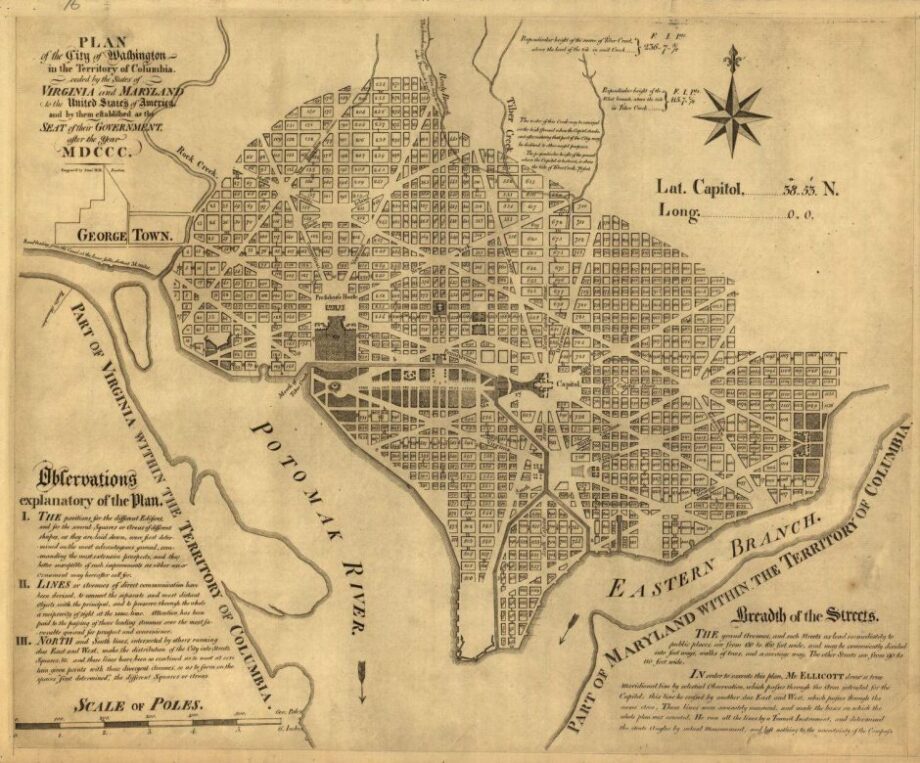As we approach the 46th Annual Conference & Career Expo in Washington, D.C., the founding of the nation’s capital is often discussed in terms of political strategies and decisions. Amidst these narratives, there lies a forgotten hero, Benjamin Banneker, a self-taught mathematician, astronomer, and inventor. His exceptional contributions not only aided in the surveying of Washington, D.C., but also highlighted the brilliance of a man who surpassed the racial prejudices of his era.
Born on November 9, 1731, in Ellicott’s Mills, Maryland, Benjamin Banneker was the son of a free African American woman and a former slave. Despite facing obstacles in accessing formal education, Banneker showed a natural inclination towards learning and a deep curiosity about the world around him. Through self-education using borrowed resources, he honed his skills in mathematics and astronomy. In the late 18th century, renowned land surveyors Andrew and Joseph Ellicott were tasked by President George Washington to assist in surveying the new federal district bordering the Potomac River. Recognizing the need for precision in defining the capital’s boundaries, the Ellicott brothers turned to Benjamin Banneker for assistance.
Banneker played a significant role in the surveying process, with his expertise in astronomy proving to be invaluable. Utilizing a handmade wooden clock and meticulously calculated almanac, Banneker provided critical celestial observations for the survey. His precise predictions of eclipses and star positions facilitated the accurate measurement of angles and distances required for the project. When the French architect Pierre Charles L’Enfant presented a detailed plan for the capital, it lacked the necessary measurements for implementation. Banneker’s mathematical acumen filled this gap, offering the precise calculations essential to realize L’Enfant’s vision.
Benjamin Banneker’s involvement in surveying Washington, D.C., played a crucial role in establishing the nation’s capital successfully. Despite facing racial biases and societal challenges, his intelligence and expertise were acknowledged by contemporaries like Thomas Jefferson, who praised Banneker in a letter. The narrative of Benjamin Banneker and his pivotal contribution to the planning of Washington, D.C., serves as a testament to the resilience and brilliance of an individual whose impact has often been overlooked in history. Beyond defining boundaries, Banneker’s legacy emphasizes the significance of acknowledging and honoring diverse contributions in shaping American history. As we gather in D.C. for this year’s conference, let us recognize Benjamin Banneker as a guiding light whose intellect and perseverance illuminated the path towards a more inclusive and fair future.



